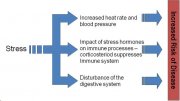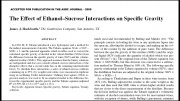
Some interesting articles in psychology on BBC's website. Worth reading.
In 2013, BBC News Magazine writer Tom de Castella discovered that pedestrian crossings up and down the UK were hotbeds of placebo buttons. A crossing in central London had programmed intervals for red and green lights, for example. Pushing the button would only impact the length of these intervals between midnight and 7am. In several other cities during busy periods, the crossings were programmed to alternate their signals at a specific rate. The buttons did nothing, but a “wait” light would still come on when they were pressed and, yes, people still pressed them presumably believing that their actions were having an effect.
But sometimes the buttons indeed have a purpose. If there is no sign or instructions that they work only during the night how are you supposed to know? I see the point of the article but I find some parts misleading.
Take the 1960s 1ESS telephone system for instance. After dialling, a caller’s connection would sometimes fail to go through properly. Instead of a dead tone or error noise, the system would instead simply route the call to a completely different person. “The caller, thinking that she had simply misdialled, would hang up and try again: disruption decreased and the illusion of an infallible phone system preserved, ” notes the paper.
Source: blog.quanttrader.org
You might also like:


|
Self Management Tips Mobile Application (Easy Smart Touch)
|















Look for a book called "Snoop: What your Belongings Say About You" by psychologist Sam Gosling. He's a professor and researcher at the University of Texas.